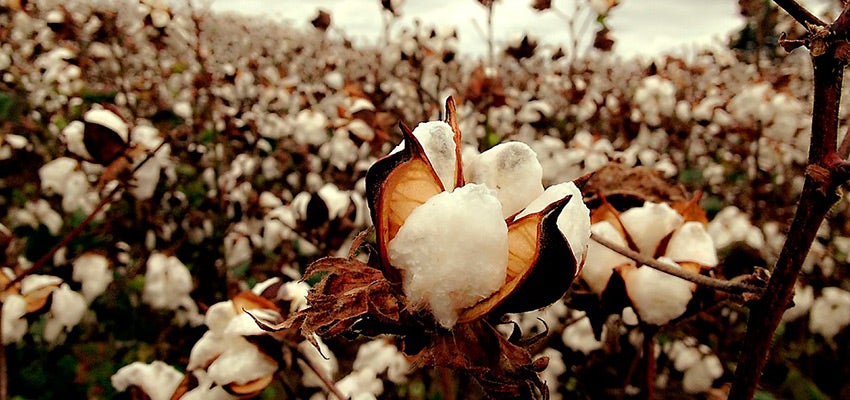Tropical Storm Irma affects crops across state
Published 11:54 pm Wednesday, September 13, 2017
Farmers are scouting for damage from Tropical Storm Irma, which dropped several inches of rain and blew winds up to 50 mph in east and central Alabama Monday.
The storm, which raged across the Florida peninsula last weekend, interrupted corn harvest for some Alabama growers, said the Alabama Farmers Federation’s Carla Hornady.
“The rain pushed some farmers to work long days through the weekend to gather their crops,” said Hornady, the Federation’s Cotton, Soybeans and Wheat & Feed Grain divisions director. “Thankfully, damage wasn’t as widespread as predicted. It’s a waiting game now to let fields dry before resuming harvest and determining the full extent of the storm’s damage.
Russell County’s Keith Thompson farms near Seale and is a crop insurance agent. While his 200-plus acres of corn weathered 3.5 inches of rain, he said farmers farther north are dealing with corn flattened from wind gusts.
Cotton from Covington to Blount counties is twisted from wind damage, making defoliant applications more difficult, Hornady said.
Covington County Extension Coordinator Chuck Simon said that he’s asked around to local farmers and didn’t hear of any damage.
“We received a slow, light and steady rain with little wind,” he said. “The gusts that came were not high. Covington County was fortunate.”
Lint quality could suffer, too, for farmers like George Jeffcoat in Houston County.
“Cotton tangled by wind will probably cause leaves to shed prematurely,” said Jeffcoat, the Federation’s Southeast Area vice president. “Yields will be affected by wind damage and silverleaf whiteflies, which we dealt with earlier.”
Thompson said he was thankful Irma’s damage was less than Hurricane Opal in October 1995.
“Wind beat our cotton up pretty badly, but if we can dry out with limited wind or rain we’ll be okay,” said 61-year-old Thompson, who has 350 acres of cotton and 400 acres of peanuts. “We’ll see how the cotton will stand back up after a few days of sunshine.”
In the Wiregrass, peanut farmers could benefit from the tropical storm’s moisture.
The Alabama Peanut Producer Association’s Caleb Bristow said sunny days should allow farmers to resume field work soon.
“The storm may wind up helping more than it hurts,” Bristow said. “Peanuts planted later will benefit from the rain, and farmers preparing for harvest will have plenty of moisture to disc up the peanuts.”






